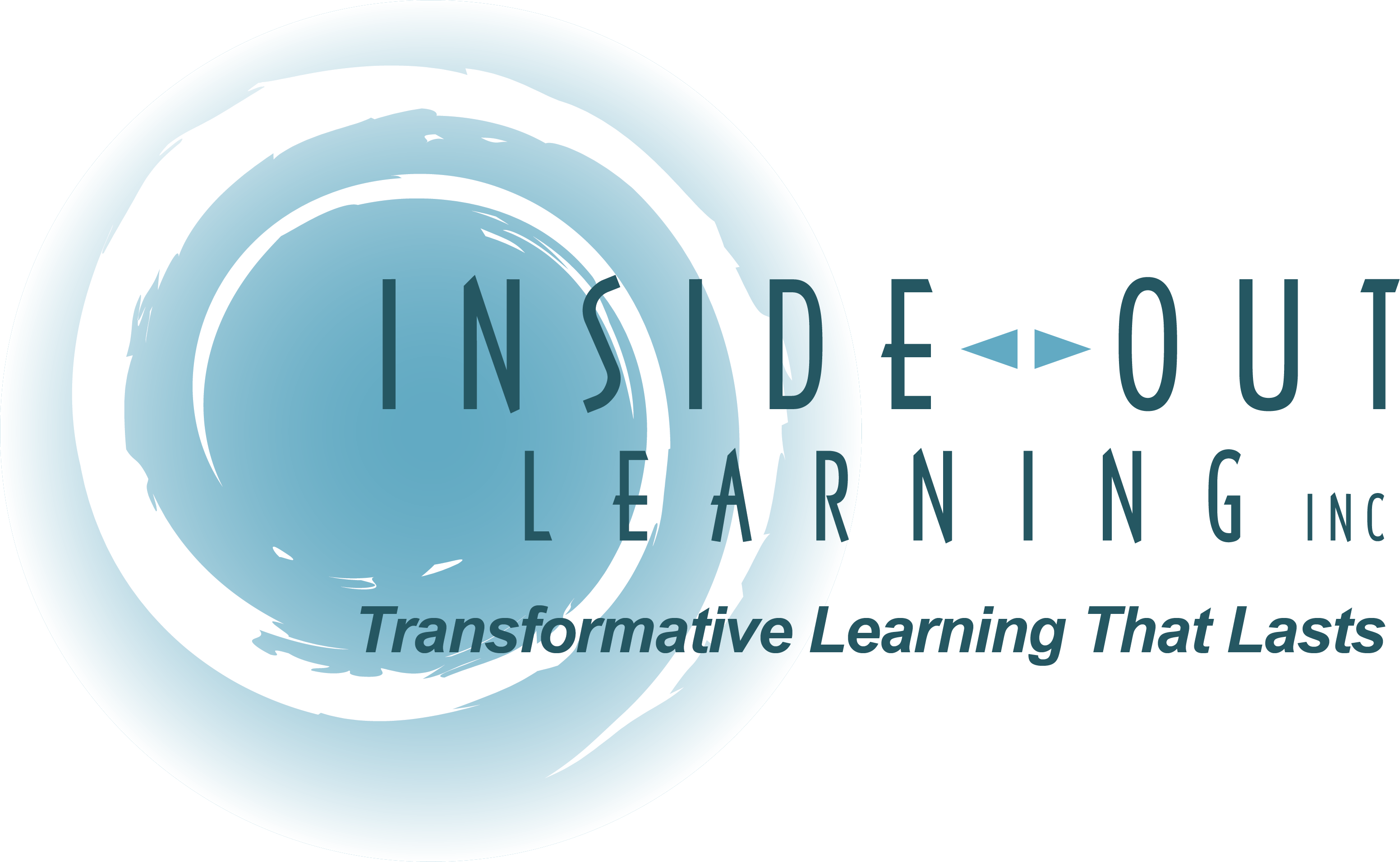Three Questions To Ask To Determine If Coaching Is Improving Your Leadership Development
Three Questions To Ask To Determine If Coaching Is Improving Your Leadership Development
Written by: Rajal C., Forbes Councils Member
Rajal C. is the Founder & CEO at GRAVITAS and a member of the HBR Advisory Council, Ex-ATOS VP & Global Head.
getty
Is your company building effective leaders and a leadership pipeline equipped to succeed in today’s workplace? In prevailing leadership programs, the central issues are not access to learning resources, technology to enable it and the ability to develop new knowledge and skills. In my experience, the issues are more about turning knowledge into practice and applying it despite hectic schedules and complex leadership roles.
I’ve seen firsthand how a regular practice of reflection can enhance a leader’s capacity to demonstrate learning agility. Self-reflection could be a personal conversation. But the reality is that taking time to pause and formally reflect is often not a practical choice. This is creating a big gap between awareness and actions.
Another pragmatic option is to reflect through a coach-enabled conversation, opening the door for the leader to do inside-out discovery. In my experience, a coach paired with those with high potential can be a game-changer in connecting the dots for them throughout their entire leadership development journey.
If coaching is a role that is included in your leadership development strategy, here are three questions to evaluate its effectiveness.
1. Is coaching nurturing your inner game and fueling your outer game?
With the new-normal work culture, we all are looking for leaders who can make tough decisions and drive results while creating a culture of empathy, connection and a sense of belonging. On a daily basis, leaders need to play and balance both their “inner and outer game,” as Unilever’s former CHRO Leena Nair, now global CEO of Chanel, says.
The outer game is about what we do: business acumen, performance, result orientation and empowering others to achieve remarkable things. The inner game is about who we are: human aspects, a sense of purpose, strengths and openness to learning and growth.
To master the outer game, leaders have to diligently work on the inner game. Each has its own internal resources, limitations and mental blockages that can get in the way due to our fear, insecurities, limiting beliefs, family and educational background, etc.
Are your leaders investing in their inner game through coaching? The more they gain internal resources to fuel their growth, enabling them to look at leadership from the inside out, the more they are prepared to think, act and behave as leaders in any situation.
2. Is coaching fostering action-oriented learning in the midst of daily jobs?
The contextualization of a leadership development program focuses on professional mastery—i.e., management, strategy, visioning, etc.—which can ensure what competencies (skills and behavior) leaders are expected to have in their organization from traditional programs.
The personalization of the program makes room for them to learn how to apply their new knowledge in day-to-day work. This enhances their ability to adapt to different situations, but requires a high degree of self-awareness, self-discovery and insights-integration for assessing their strengths and limitations.
• Are you supporting all leaders at scale, and in a way that’s personal to each of them? Each has different challenges and pain points, and partnering with a coach (1-to-1 or in cohorts) can help leaders still pursue critical business objectives on a daily basis.
• Does the coach create a reflective space for leaders to find their own solutions/ideas and enable clarity and courage to take inspired actions? This should help close the gap between growing leaders’ potential and their current competencies by linking contextualization and personalization.
Coaching in today’s VUCA environment is a transformative and creatively dynamic process of empowering leaders with an ability to reflect on opportunities in real time.
3. Is coaching enabling accountability partnership for leaders?
It’s hard to stay intentional, energized and motivated to try to apply new learnings; keep the momentum going and be accountable to oneself.
The Association for Talent Development did a study on accountability and found that you have a 65% chance of completing a goal if you commit to someone. If you have a specific accountability appointment with a person you’ve committed, you can increase your chance of success by up to 95%.
• Is your coach the accountability partner (sparring, reflecting, motivating, thinking, thought-provoking type) or soft nudge support system? Is your coach curating what leaders want to take away from their coaching sessions? This keeps them intentionally engaged throughout the coaching program and helps make them self-sufficient to build their long-term capacity and success.
• Is your coach playing other roles (creative catalyst, facilitator, awareness raiser, active listener, nonjudgemental observer, trust and rapport builder) well to partner with leaders to help them keep their new skills at top of mind until they become second nature?
• Does your coach ensure learners pivot their mindset to apply lessons to their job by checking a new leadership behavior/skill or sharing key insights with their team? This nurturing ensures what was learned is retained, used, re-used and applied effectively.
These three questions are worth including in your leadership development strategy to address the limitations of traditional leadership programs, such as lack of engagement and accountability or a “one-size-fits-all” generic outside-in approach, to reach for the highest ROI.
Forbes Coaches Council is an invitation-only community for leading business and career coaches. Do I qualify?
via Forbes – Leadership “https://ift.tt/R1mC2Ln”
March 23, 2022 at 05:12AM
